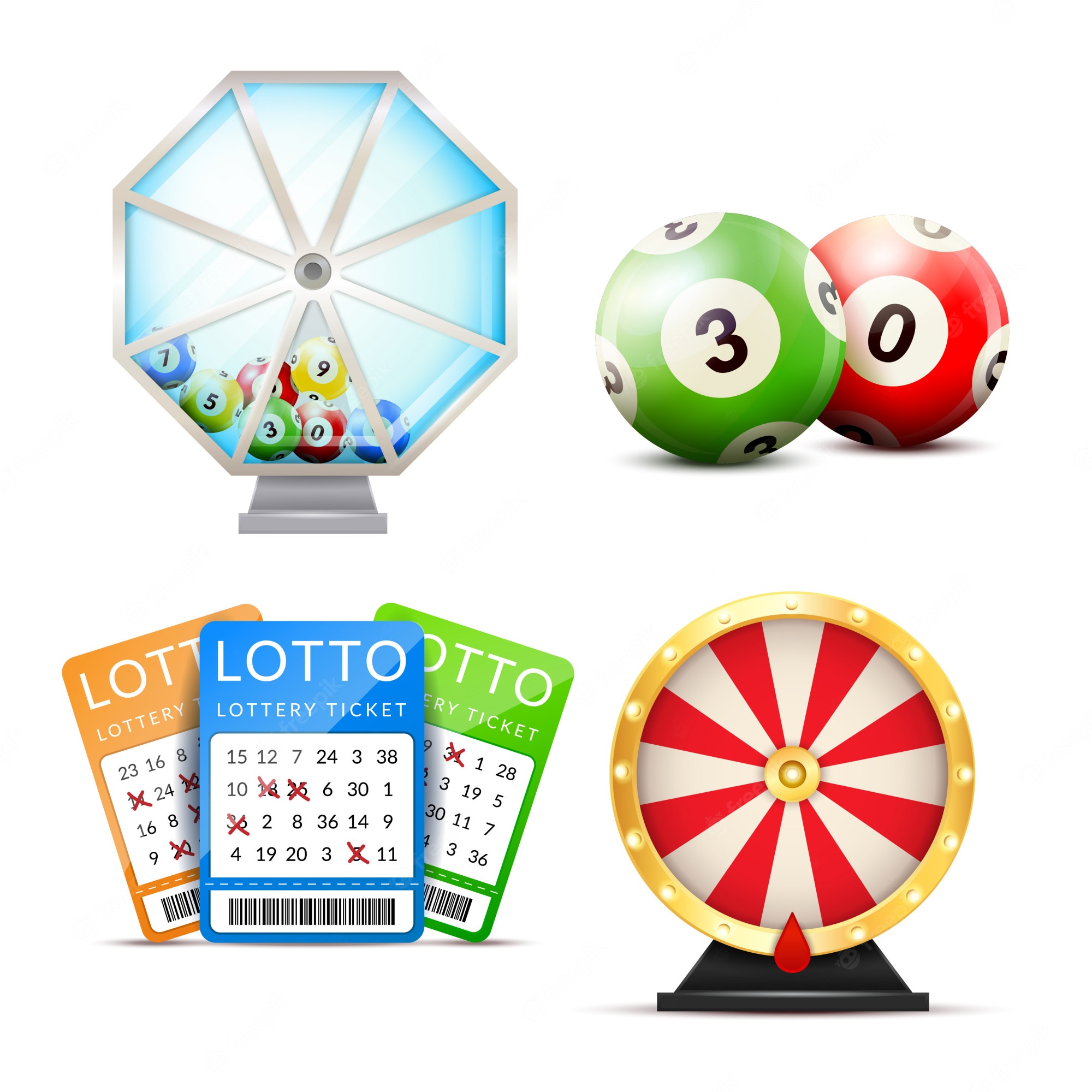
A lottery is a form of gambling in which numbers are drawn at random for prizes. Some governments outlaw it, while others endorse it and organize a state or national lottery. Many modern lotteries involve a combination of money and goods or services. Examples include lottery games that award units in a subsidized housing block or kindergarten placements. The prize amount depends on the number of tickets sold, the cost of promotion, and taxes or other revenue that are deducted from the ticket price.
While there is no definitive way to win a lottery, some players try to improve their chances by using proven strategies. For example, Richard Lustig suggests avoiding numbers that are close together or those that end with the same digit. He also advises steering clear of numbers that have sentimental value, such as those associated with birthdays. Buying more tickets can also slightly improve your odds, but it’s important to strike a balance between ticket purchases and potential returns.
The first European lotteries in the modern sense of the word appeared in 15th-century Burgundy and Flanders, where towns drew lots to raise funds to fortify their defenses or aid the poor. Later, Benjamin Franklin held a lottery to raise money for cannons during the American Revolution. In modern times, state governments sponsor public lotteries that provide large cash prizes and often donate a percentage of profits to charity. Private companies also operate lotteries. These are often advertised in convenience stores and other businesses that can afford to pay for the privilege of offering the game’s chance of winning a prize.